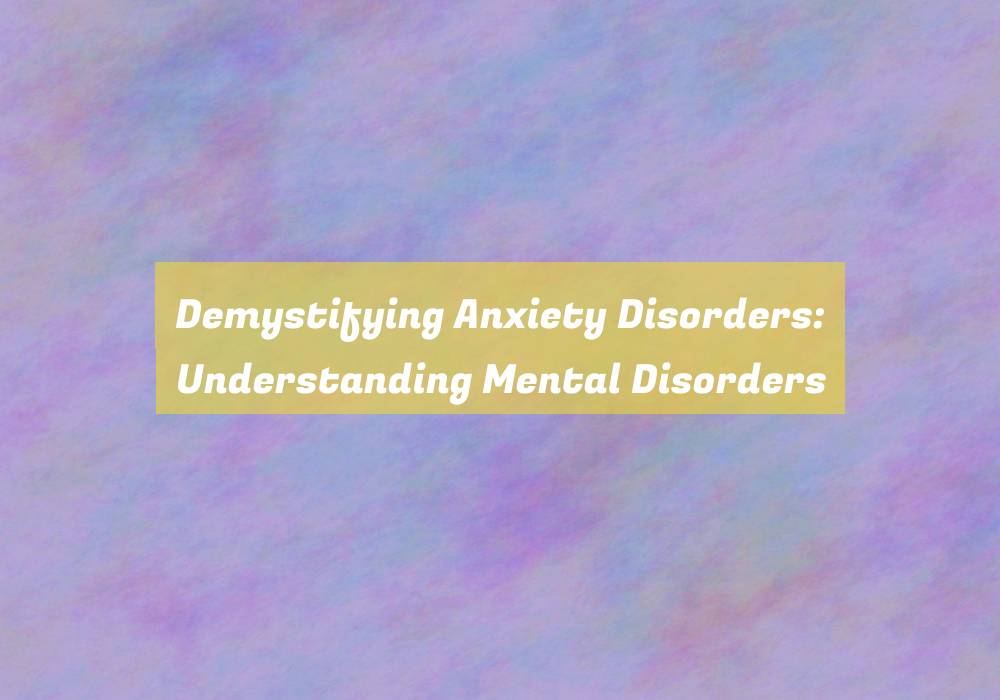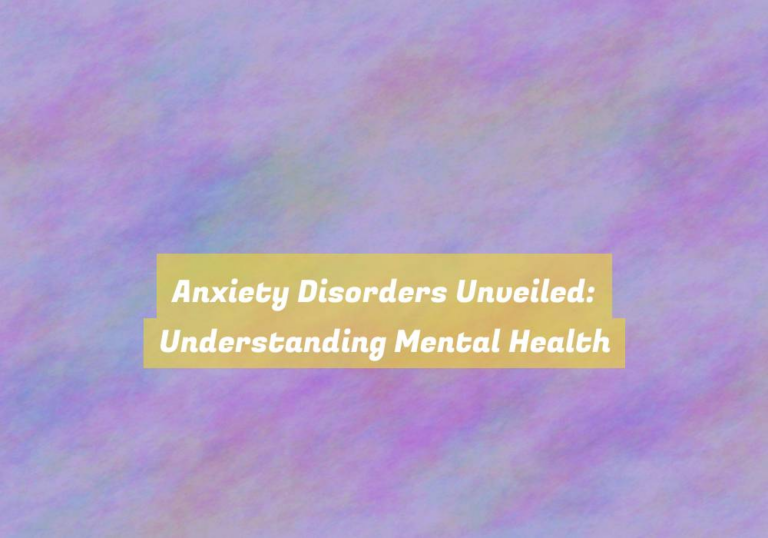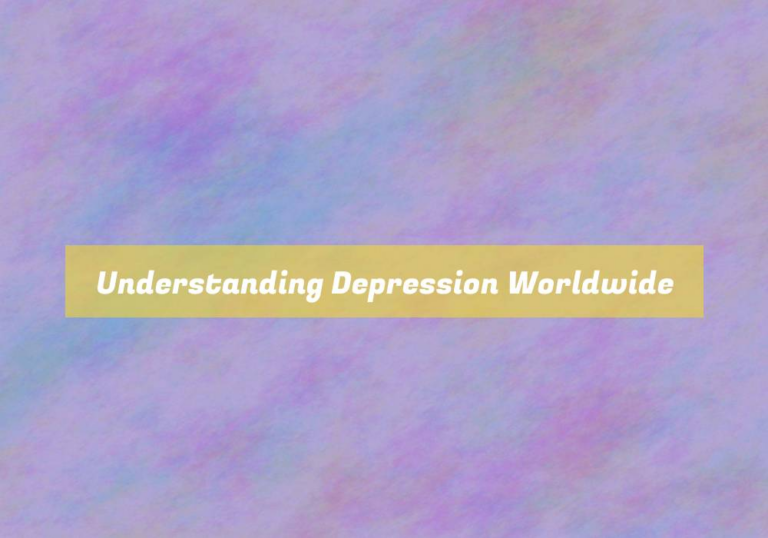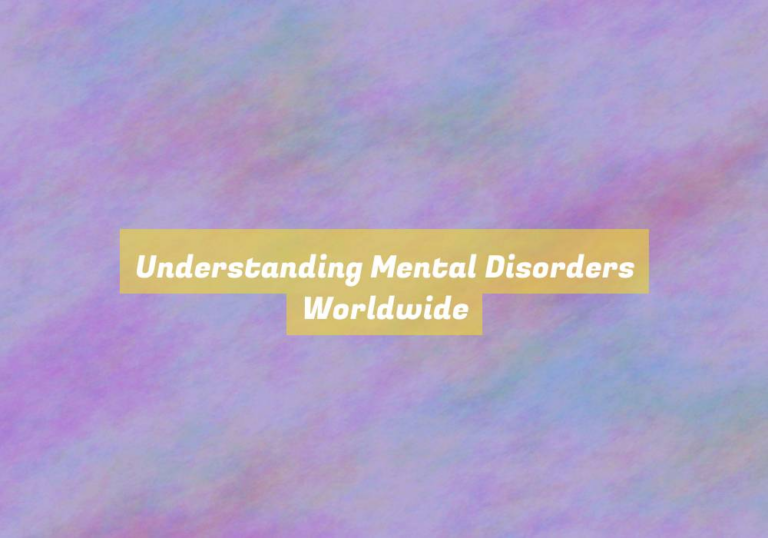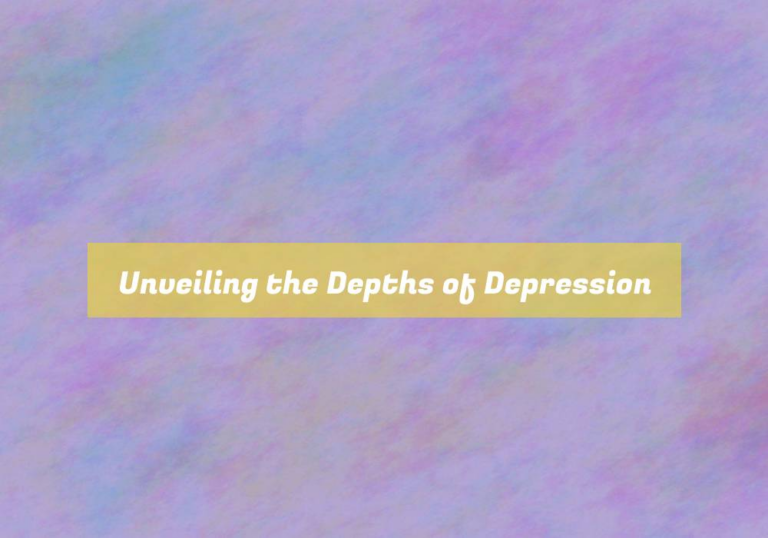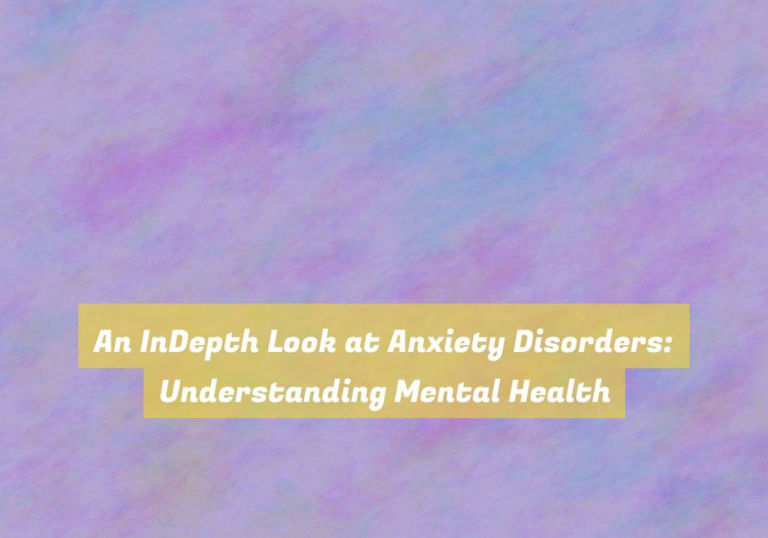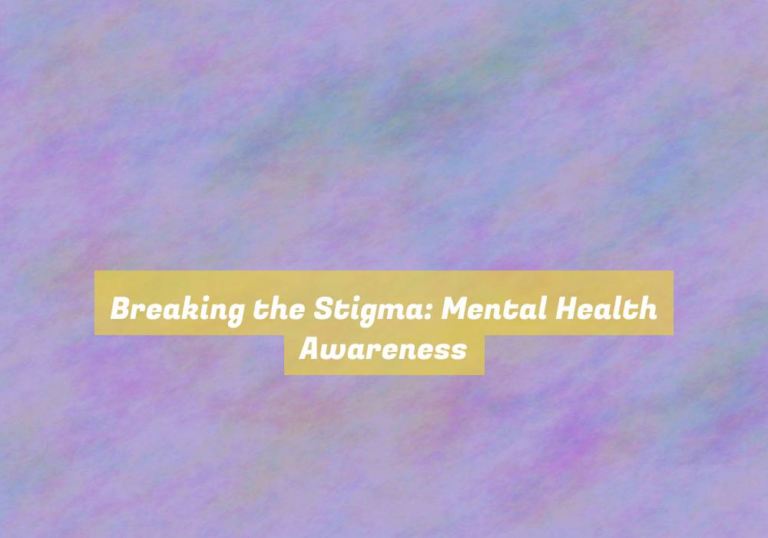Demystifying Anxiety Disorders: Understanding Mental Disorders
YouG??ve probably heard the term G??anxietyG?? thrown around quite a bit, but understanding the complexities of anxiety disorders can be a different story. While itG??s common to feel anxious at times, the experience of living with an anxiety disorder is much more than just feeling stressed or worried.
The impact of anxiety disorders on daily life can be significant, affecting everything from work and relationships to physical health. But what exactly are anxiety disorders, and how do they differ from regular feelings of anxiety?
Dive into this discussion to gain a deeper understanding of anxiety disorders and how they can be effectively managed.
Types of Anxiety Disorders
Understanding different types of anxiety disorders can help you recognize and seek appropriate treatment for your specific symptoms.
Generalized Anxiety Disorder (GAD) is characterized by excessive worry and fear about various aspects of life, often without a specific cause. If you find yourself constantly on edge, experiencing restlessness, and struggling with concentration, you may be dealing with GAD.
Panic Disorder involves sudden and repeated attacks of intense fear that may lead to physical symptoms like a racing heart, sweating, or feeling like youG??re choking.
Social Anxiety Disorder, on the other hand, causes overwhelming worry and self-consciousness about everyday social situations. When these feelings become excessive and interfere with your daily activities, itG??s important to seek help.
Specific Phobias are intense fears of specific objects or situations, such as flying, heights, or animals, and can lead to avoidance behaviors.
Causes and Risk Factors
If youG??ve been experiencing symptoms of anxiety, itG??s important to understand the potential causes and risk factors that may contribute to your condition.
Anxiety disorders can be caused by a combination of genetic, environmental, psychological, and developmental factors. Genetics play a role, as anxiety disorders can run in families. If you have a close relative with an anxiety disorder, you may be at an increased risk of developing one yourself.
Environmental stressors, such as trauma, abuse, or significant life changes, can also trigger or exacerbate anxiety disorders. Additionally, certain personality traits, such as being more prone to negative thinking or experiencing excessive worry, can increase your vulnerability to anxiety.
Furthermore, imbalances in brain chemistry, particularly involving neurotransmitters like serotonin and dopamine, can impact the regulation of mood and contribute to anxiety disorders.
ItG??s important to note that while these factors can increase the risk of developing an anxiety disorder, they donG??t guarantee that youG??ll experience one. Seeking professional help can provide a clearer understanding of the specific causes and risk factors influencing your anxiety.
Impact on Daily Functioning
Experiencing persistent anxiety can significantly disrupt your daily life, affecting your ability to focus, sleep, and engage in activities you once enjoyed. The constant worry and fear can make it challenging to concentrate on tasks, leading to decreased productivity at work or school.
You may find it difficult to fall asleep or stay asleep, causing fatigue and irritability during the day. Simple activities like going out with friends, exercising, or pursuing hobbies may become overwhelming due to the anxiety symptoms. Additionally, the physical symptoms of anxiety, such as rapid heartbeat, sweating, and trembling, can further hinder your daily functioning.
As a result, you may withdraw from social interactions and avoid situations that trigger your anxiety, impacting your relationships and overall quality of life. These disruptions in your daily functioning can create a cycle of avoidance and isolation, exacerbating the anxiety symptoms.
ItG??s essential to recognize the impact of anxiety on your daily life and seek professional help to regain control and improve your overall well-being.
Coping Strategies and Treatment Options
To effectively manage anxiety disorders, itG??s important to explore coping strategies and treatment options that can help alleviate symptoms and improve your overall well-being.
Firstly, consider cognitive-behavioral therapy (CBT), which focuses on identifying and challenging negative thought patterns and behaviors. CBT equips you with practical skills to manage anxiety in various situations.
Additionally, relaxation techniques such as deep breathing, meditation, and progressive muscle relaxation can help reduce physical symptoms of anxiety.
Regular exercise releases endorphins, which act as natural mood lifters, and can also help alleviate anxiety. ItG??s crucial to maintain a balanced diet and adequate sleep, as these directly impact your mental well-being.
Support groups or talking to a trusted friend or family member can provide emotional support and a sense of community.
In more severe cases, medication prescribed by a mental health professional may be necessary. ItG??s important to remember that treatment plans vary for each individual, and finding the right combination of strategies may take time.
Be patient with yourself and seek professional guidance to navigate the options available.
Conclusion
In conclusion, understanding anxiety disorders is key to finding effective coping strategies and treatment options. By demystifying these mental disorders, individuals can recognize the impact on their daily functioning and seek the help they need.
With the right support and resources, managing anxiety disorders is possible, allowing individuals to live fulfilling and productive lives.
DonG??t be afraid to reach out for help and take control of your mental health.

